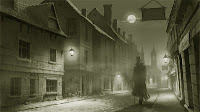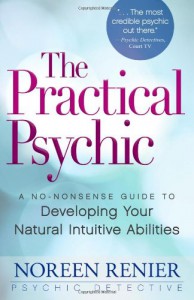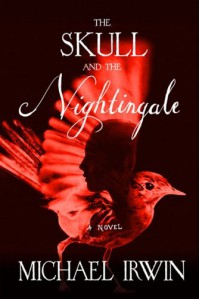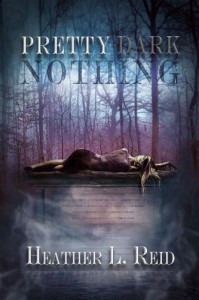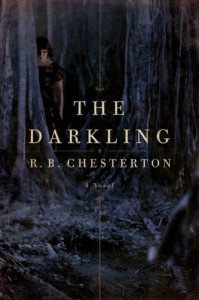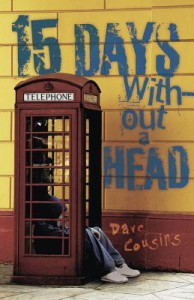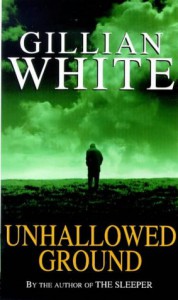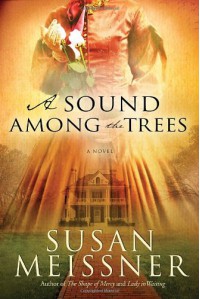The Never List by Koethi Zan. Eerily Similar to Ohio Kidnapping Case?
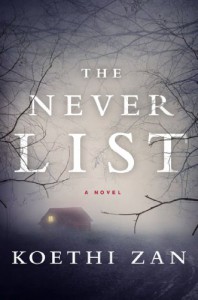
Never get in a car with a stranger. Never ignore your instincts. And, never leave your friends behind. The events that take place in The Never List will undoubtedly hit a nerve because they make use of the deep dark monsters that haunt most females worst nightmares. Conjured from waking fears, this dark horror mystery comes full circle leaving everyone, including the characters, wondering how they got back to the very place they swore they'd never go again. Another never. Never return to the scene of a crime.
The main boogieman is Jack Derber, a respected scholar who preys on young co-eds by using various abduction M.O's, but all in the name of science. However, the art of abduction is not the end, but the beginning of a horror trip filled with years of sadistic torture both psychologically and physically. Up until recently, I might have thought it difficult and fictionally too cunning for a single predator to hold three victims captive in a house for years. What makes this fictional horror even more chilling is its timing. It is eerily similar to the recent Ohio kidnapping case (May 6, 2013) involving victims, Amanda Berry, Gina DeJesus and Michelle Knight where an incredible unearthing of a real-life house of horrors occurred. It's hard not to draw comparisons and let the mind wander from fictional depiction to real-life imagination and sympathy for those victims.
In most cases, I really like when I can connect a book to current events, but given the crimes, I'd gladly take pure fiction. Admittedly, the current event connection does heighten the fear and horror factor. However, the subject matter might be challenging for some readers to cope with if sensitive to such topics. The graphic details are after the fact descriptions, but still unsettling.
For the sake of the plot, it is important for the characters to take risks, but given their trauma it is a little hard to believe these particular woman could go through with some of the challenges of privately investigating. Without spoiling anything, several events occur that would cause anyone to crack up, but a person with phobias and severe PTSD, well, I think fiction definitely stretches the believability strand in the name of plot line in this book. But, who am I to say? As I mentioned, prior to the Amanda Berry case I would have thought the entire premise hovered mid-range on the believable scale, but humanity has proven me wrong once again! No one can say just how someone will recover or act after surviving these type of events, simply because there is not enough survivors to base a study on. Thank goodness! I should mention there are a few twists - the first being a bit too convenient and the second is pretty good. I admit, I guessed only half of it and was happily surprised at the reveal.


 1
1


 1
1

